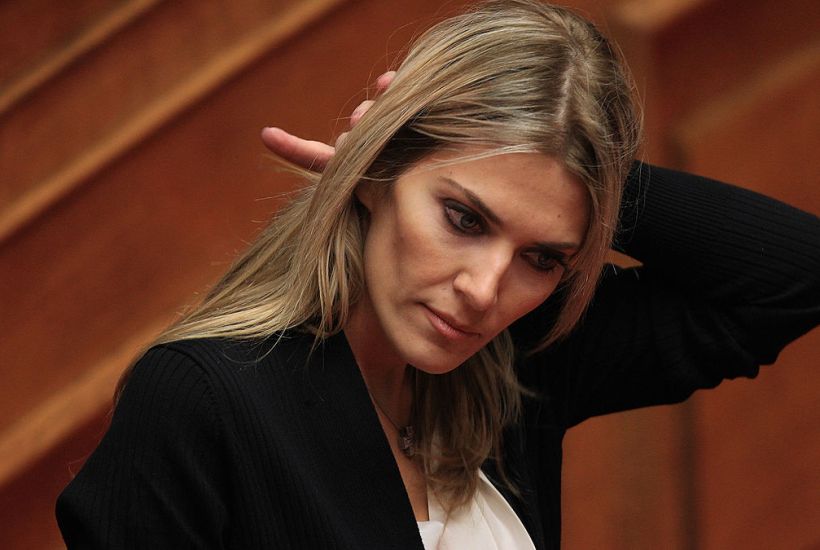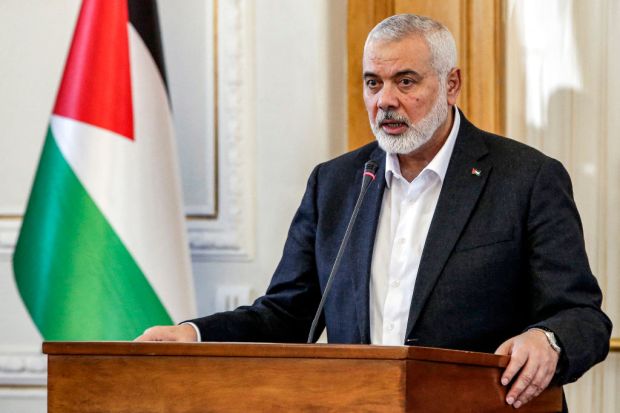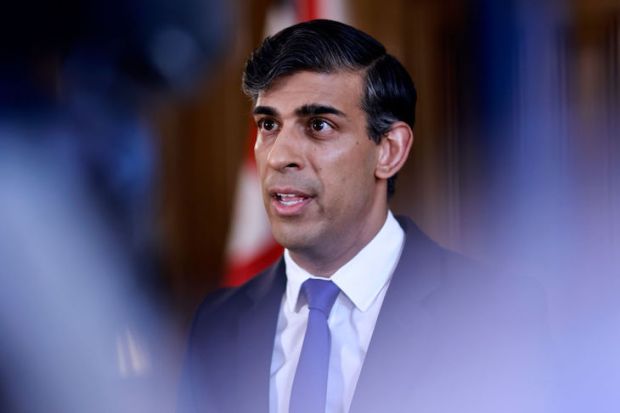Four people associated with the European parliament have been arrested in what seems to be the beginning of a major corruption scandal. The political career of Eva Kaili, a Greek politician and one of the vice presidents of the European parliament, has already been derailed. She has been suspended from office by the parliament’s president, Roberta Metsola – and thrown out from her previous parties and affiliations.
Kaili has been arrested and, according to the BBC, has had her assets frozen. It is unclear as yet whether she has been charged with anything; some media outlets say she has, others that she soon will be.
Belgian police say they have raided 16 properties and seized hard-drives, devices, and up to €600,000 (£515,000) in cash – allegedly corrupt payments from the Qatari state designed to influence policy. A spokesperson for Qatar has denied misconduct.
MEPs have been giving anonymous statements to the press all weekend, falling over each other to seem disgusted and shocked
Facts are thin on the ground at the moment, but it is clear enough that what is being alleged is extremely worrying. European commission president Ursula von der Leyen said the accusations were ‘very serious’ and has called for the creation of a new EU ethics body.
Belgian police declare that those indicted have been charged with ‘participation in a criminal organisation, money laundering and corruption’. According to the prosecutors and the Belgian press, this scandal involved bribes and gifts intended to influence the working of the parliament, and – the most distressing of all complaints – even the voting habits of members.
MEPs are hardly poor. They have no reason besides greed to take the money. If proven, the consequences are hard to overstate: the entire voting history of anyone caught up in this sort of thing is retroactively suspect. Every meeting held, every decision they made – all of it is tainted.
Such corruption not only decays institutions and individuals; it also destroys even the appearance of reasonable debate and governance. If the European parliament has been host to open soliciting of cash from a foreign power, which of its functions or judgements can ever be free from the association with venality and dishonesty?
MEPs have been giving anonymous statements to the press all weekend, falling over each other to seem disgusted and shocked. They are terrified – with good reason – of what voters might think. If this can happen once, voters and foreign diplomats will wonder, how do we know it has not happened before, possibly many times? And how will we know that it cannot happen again?
A reputation for fair dealing and honesty, once lost, can never be fully regained. In the Anglophone world, parts of continental Europe are dismissed out of hand as backward and corrupt – and the European parliament as a place where people eat fine dinners with tasteful wine accompaniment and take hefty cheques for not much work. No doubt for many, this news only confirms the stereotype.
I interviewed many anti-corruption researchers and activists at the beginning of the year, as the world’s big economies geared up to punish Russia and corrupt Russians for Putin’s invasion of Ukraine. Many were elated they were finally being listened to. But most had a highly pessimistic and jaded view of Europe and European policymakers. How can a system so sloshing in dirty money – so keen to take handouts from foreign states and foreign wealth – ever rid itself of corruption? I was asked. It was hard to answer.
The investigation will proceed and no doubt new, shocking facts will come out. ‘Good’ MEPs and colleagues will crawl out of the woodwork to voice their outrage. They will declare ignorance and innocence. How could the accused have done the alleged? they will wail. How could they have done this to me? To be in the press for any length of time is to grow less and less patient with such excuse-making and gnashing of teeth.
While legislators remain willing to corrupt themselves and their institutions, and while vast tides of money swirl invitingly around people and places which hold power, voters will be ever wondering who has taken the pieces of silver – and how, ultimately, this corruption will affect the lives of those unwilling or unable to pay.
The post Can the EU recover from the Qatar corruption scandal? appeared first on The Spectator.
Got something to add? Join the discussion and comment below.
Get 10 issues for just $10
Subscribe to The Spectator Australia today for the next 10 magazine issues, plus full online access, for just $10.



















Comments
Don't miss out
Join the conversation with other Spectator Australia readers. Subscribe to leave a comment.
SUBSCRIBEAlready a subscriber? Log in